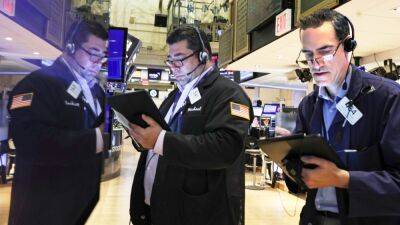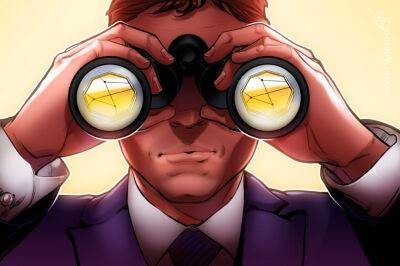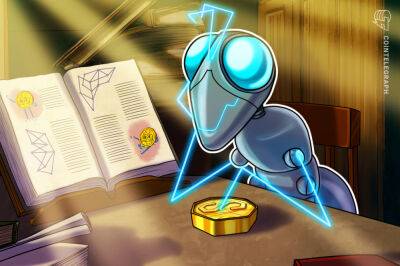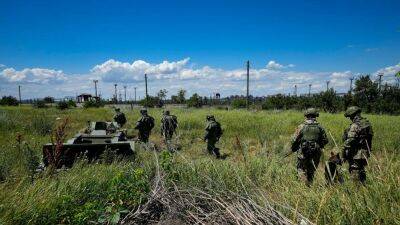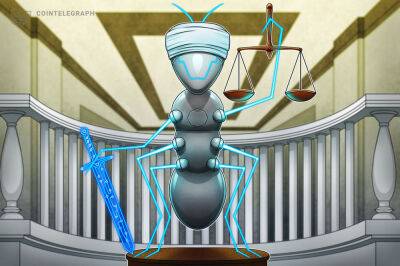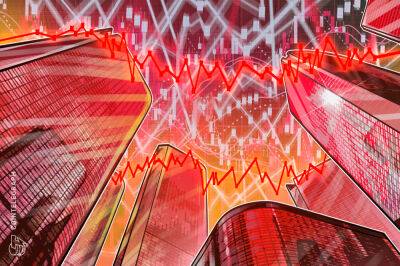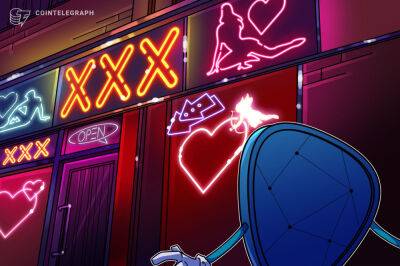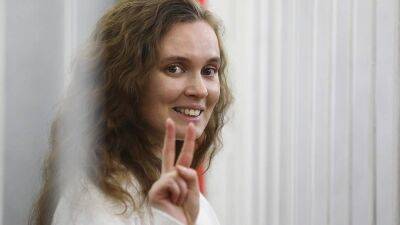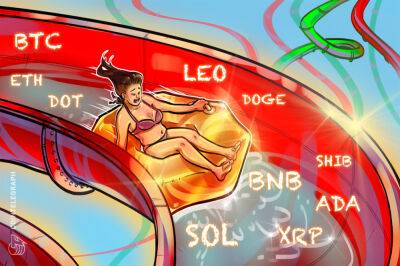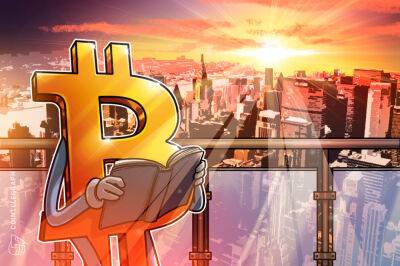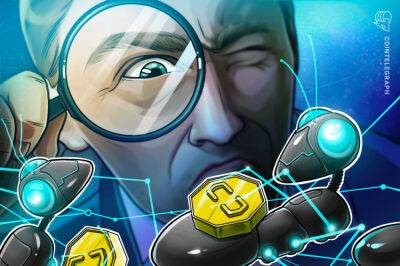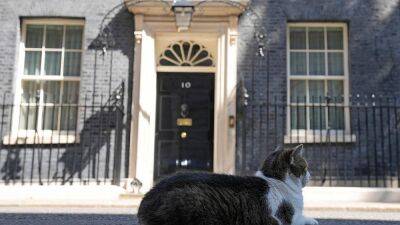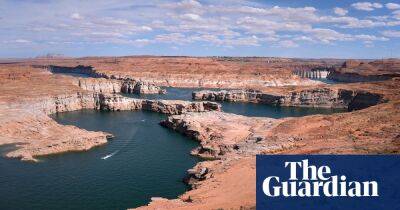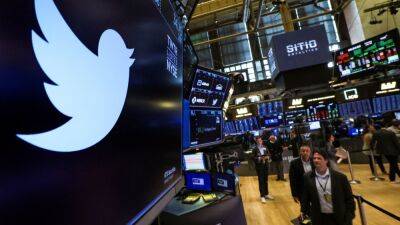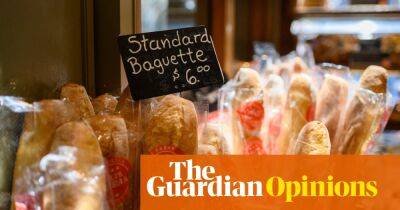‘Slamming on the brakes’: economists react to the Federal Reserve’s rate hike
The Federal Reserve raised interest rates by the largest hike in 28 years on Wednesday as it fights to drag down runaway inflation – and now economists are weighing whether it’s sufficient to cool the economy without crushing economic growth and slamming the economy into recession.
“We’re not trying to induce a recession,” the Fed chair, Jerome Powell, said in comments after the rate hike was confirmed. But Powell made clear that some economic forces behind the 40-year inflation high are out of the Fed’s control. Jumps in commodity prices, he said, could “take the decision out of our hands”.
An increasing number of economists say it will take an economic contraction and higher unemployment to bring inflation down to tolerable levels, even if that does not bring inflation back to the Fed’s 2% inflation target.
Here’s what they are saying:
Larry Summers, former US treasury secretary
I’m glad that the Fed appears to be stepping up with respect to inflation risks. It’s a step in the right direction. We are likely to have a recession. We have overheated the economy and gotten some bad luck. When the pendulum swings too far one way, it tends to swing back.
Michael Pearce, senior US economist at Capital Economics
With inflation set to remain uncomfortably high, our sense is that officials will follow that up with another 75bp [basis point] hike in July, with rates rising rapidly to 3.5% by the end of this year, and a peak of 4% early next year.
This is no longer the “immaculate disinflation” scenario presented in the March forecasts to widespread criticism. But still, most of the deceleration in core inflation in Fed officials’ forecasts is presumably coming from easing supply constraints.
Mark Carney, the former governor of the Bank of
Read more on theguardian.com

 theguardian.com
theguardian.com